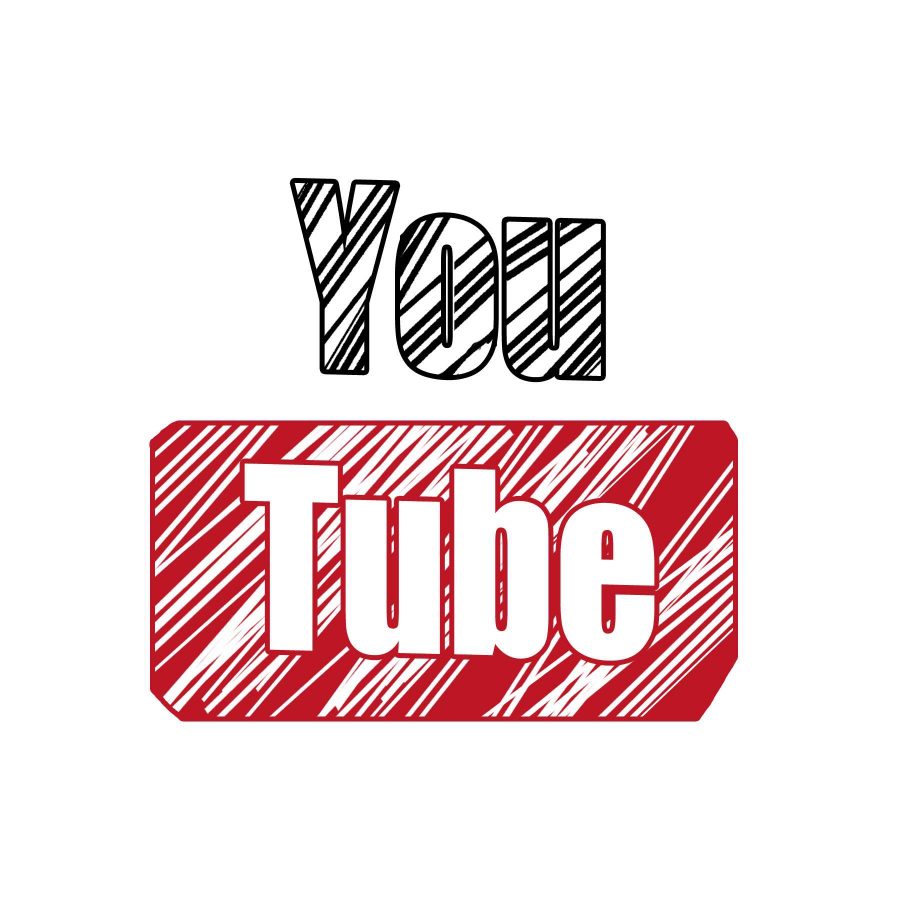 By Kellyn Simpkins
By Kellyn Simpkins
According to its Facebook page, YouTube defines itself as “a forum for people to connect, inform and inspire others across the globe and act as a distribution platform for original content creators and advertisers large and small.” Videos change the dynamics of online interaction because of the increased personal interaction experienced by viewers and video creators alike.
While there are tons of sub-communities of videos in the realm of YouTube, one thing remains the same across the board: the opportunity to listen to a real person and be involved in a seemingly intimate exchange.
YouTube varies greatly from regular forums because, like most current social networking sites, users can create profiles which give more details about themselves and where others can find out about the user. Members can also “subscribe” to other members which is a very different concept from other forums. Instead of sifting through recently posted content, you can easily see updates from people you subscribe to. “About” sections can also include visuals giving more clues to identity.
Identity is also created on YouTube based on the number of views, comments and likes a video gets. Some members of the YouTube community have even become celebrities because of how popular their videos are.
Because it is easy to see how many people have viewed a video and compare it to how many people “like” a video, video makers constantly strive to increase their numbers by commenting on other videos and interacting with others.
While people look for attention on many other forums by commenting and trolling, many users on YouTube have become famous in the online world which takes “attention-seeking” to another level since fame is an attainable goal.
Because YouTube has become so popular, businesses have also started forming their identities on YouTube which is a very different aspect of internet forums. Here, companies can interact with the YouTube audience.
This, however, makes many interactions seem artificial since it is evident that the companies are trying to get publicity and not trying to state their honest opinions. This brings with it a problem for YouTube users when it comes to looking for someone’s genuine point of view. How does one sift through and determine the difference between advertisements and product placements versus real recommendations from real people?
However, I feel that anonymity and deception are less prevalent in YouTube communities than other communities because of the way members share ideas and interact through videos. Members can even make videos to respond to other videos instead of just posting comments. The sharing of ideas and opinions feels much more intimate when you can put a face and a voice to the username.
Although it is still possible for people to create completely fake profiles, it seems to me that YouTube leans more toward realitybecause many people on YouTube now are trying to gain fame since it seems fairly simple.
If all you have to do is post a video of yourself doing the “Cinnamon Challenge” or post a picture of a simple dress in order to gain recognition from thousands of viewers watching, then why wouldn’t you? You might even make some money off of it. The problem is that this kind of fame-seeking tends to dumb down the content of videos. Senseless things will gain viewers and short-lived recognition, but are a terrible replacements for real artistic videos that should receive more recognition.





































































































































































































